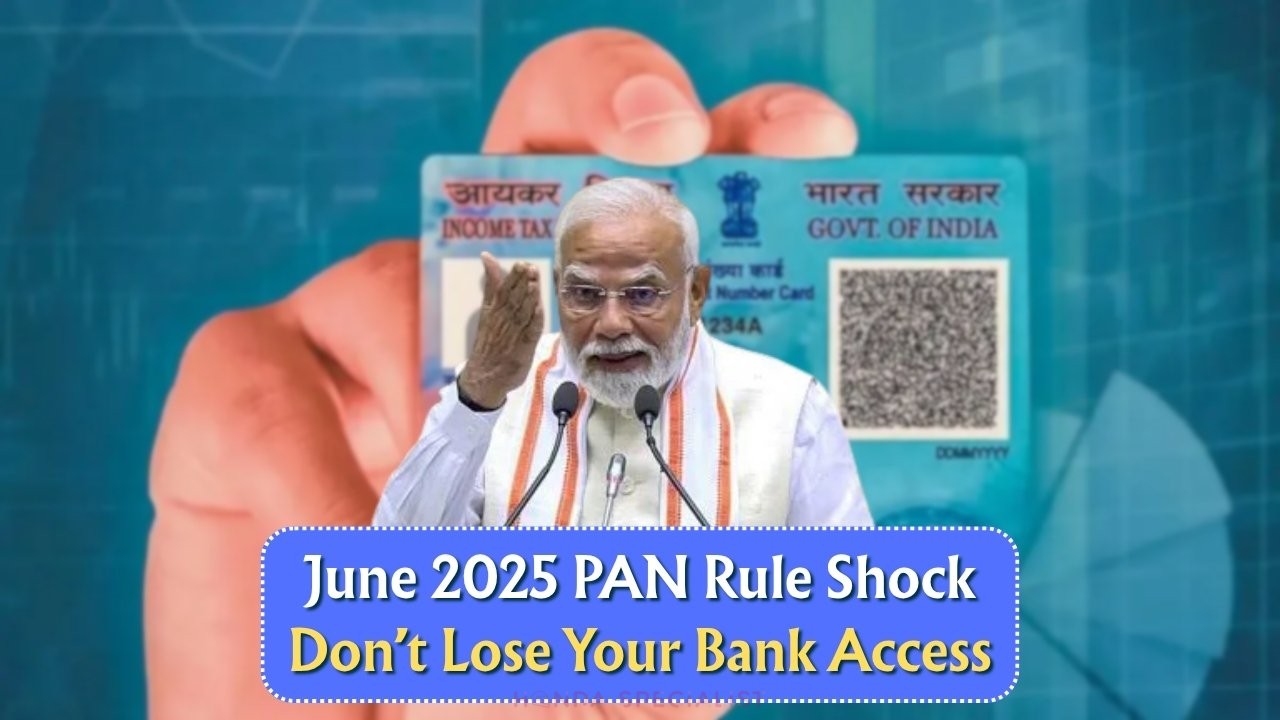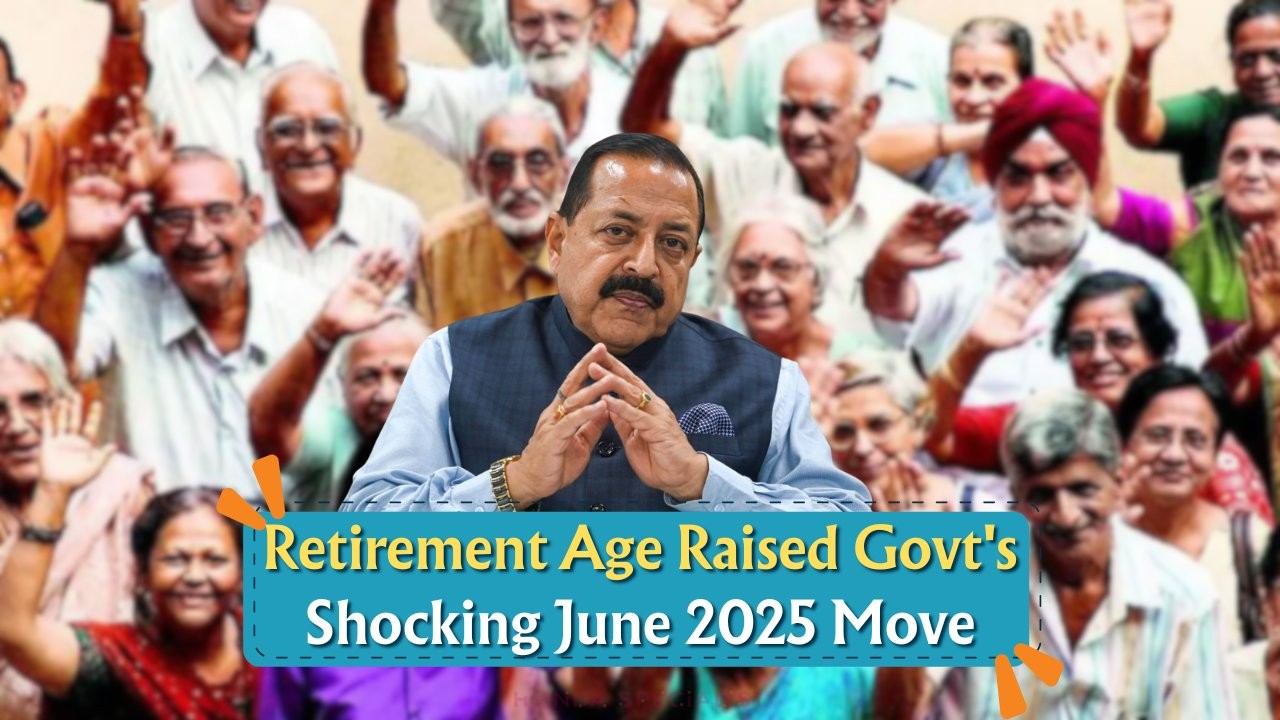2025 Ration Card Update: The landscape of India’s public distribution system is set to undergo significant changes with the 2025 update to the ration card scheme. The government is implementing new criteria to streamline the process and ensure that the benefits reach the most deserving.
Eligibility Criteria for 2025 Ration Card
With the update, the government aims to ensure that only eligible families continue to receive the benefits of free rations. The new criteria focus on the socio-economic conditions of the families.
Revised Criteria Include:
- Annual family income must not exceed INR 1.5 lakhs.
- Ownership of a pucca house disqualifies a family.
- Families owning more than 2 hectares of agricultural land will not be eligible.
- Presence of a government employee in the household is a disqualifying factor.
Impacted Groups
The revised criteria are expected to impact various groups differently. Changes in eligibility can mean loss of benefits for some, while others might find themselves newly eligible.

Discover 3 Exclusive Railway Benefits for Seniors: Special Offers for Women 45+ and Men 58+
Groups Likely to Lose Access:
- Households with improved financial status.
- Beneficiaries with unreported assets.
- Families with recently acquired government jobs.
- Residents of urban areas with private housing.
- Semi-urban families owning large agricultural properties.
- Households with multiple income sources.
- Families with luxury vehicles.
Statistics on Ration Card Distribution
Insights into the current distribution of ration cards and the potential impact of the 2025 update can be drawn from recent statistics.
Current Distribution Data:
| State | Total Beneficiaries | Potentially Impacted |
|---|---|---|
| Maharashtra | 12 million | 2 million |
| Uttar Pradesh | 18 million | 3 million |
| Tamil Nadu | 9 million | 1.5 million |
| West Bengal | 10 million | 1.8 million |
| Andhra Pradesh | 7 million | 1 million |
| Karnataka | 8 million | 1.2 million |
| Gujarat | 6 million | 0.9 million |
Preparing for the Transition
The government is taking steps to ensure a smooth transition to the new system. Awareness campaigns and support mechanisms are being put in place to help affected families adjust.
Government Initiatives Include:

Major Update for Villagers: Discover the New Rules on Land Ownership Every Farmer Needs to Know
- Helpline for queries and assistance.
- Workshops on new eligibility criteria.
- Online resources and FAQs.
- Community outreach programs.
Impact on Rural and Urban Areas
The ration card update is expected to have varying impacts across rural and urban regions, given the difference in living conditions and resources.
Rural vs Urban Impact:
| Region | Current Beneficiaries | Expected Reduction | Support Initiatives |
|---|---|---|---|
| Rural | 40 million | 8 million | Agricultural assistance |
| Urban | 30 million | 6 million | Housing support |
| Semi-Urban | 20 million | 4 million | Employment programs |
| Tribal Areas | 10 million | 2 million | Healthcare services |
| Hill Regions | 5 million | 1 million | Transport subsidies |
| Coastal Areas | 7 million | 1.5 million | Fishing aids |
| Desert Regions | 3 million | 0.5 million | Water supply |
Future of Ration Card System
The government’s vision for the future involves using technology to make the ration card system more efficient and transparent. Digitalization is a key component in this strategy.
Future Developments:
- Integration with Aadhaar for authentication.
- Use of mobile apps for tracking entitlements.
- Biometric verification at ration shops.
- Periodic updates of beneficiary data.
Feedback from Citizens
The public’s response to the 2025 ration card update has been mixed. While some welcome the changes, others express concerns about the potential loss of benefits.
Common Concerns Raised:
- Fear of losing essential food security.
- Confusion over new eligibility criteria.
- Need for better communication from authorities.
- Concerns about fair implementation.
The government is committed to addressing these concerns through ongoing dialogue and adjustments to the policy as needed.







